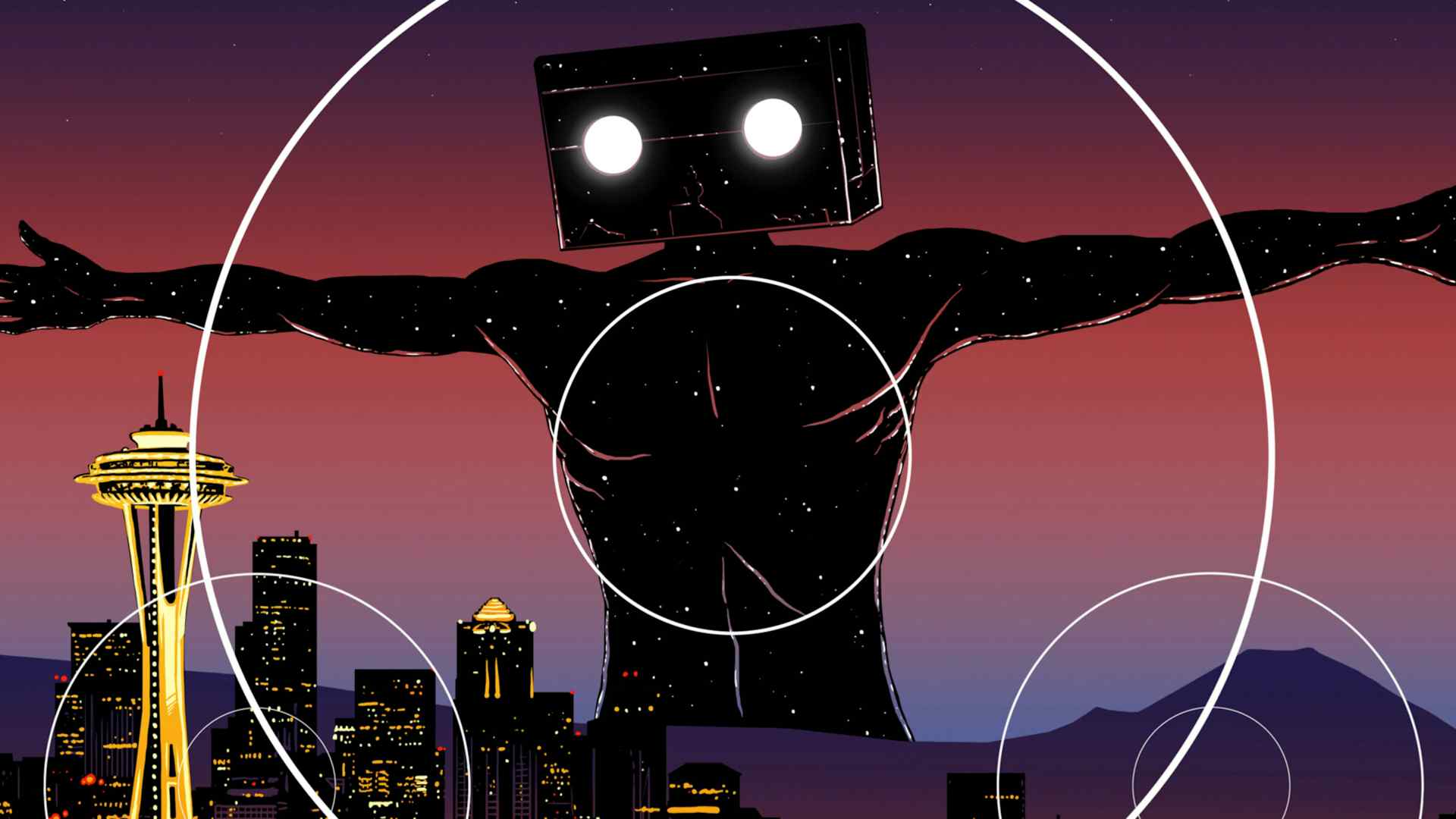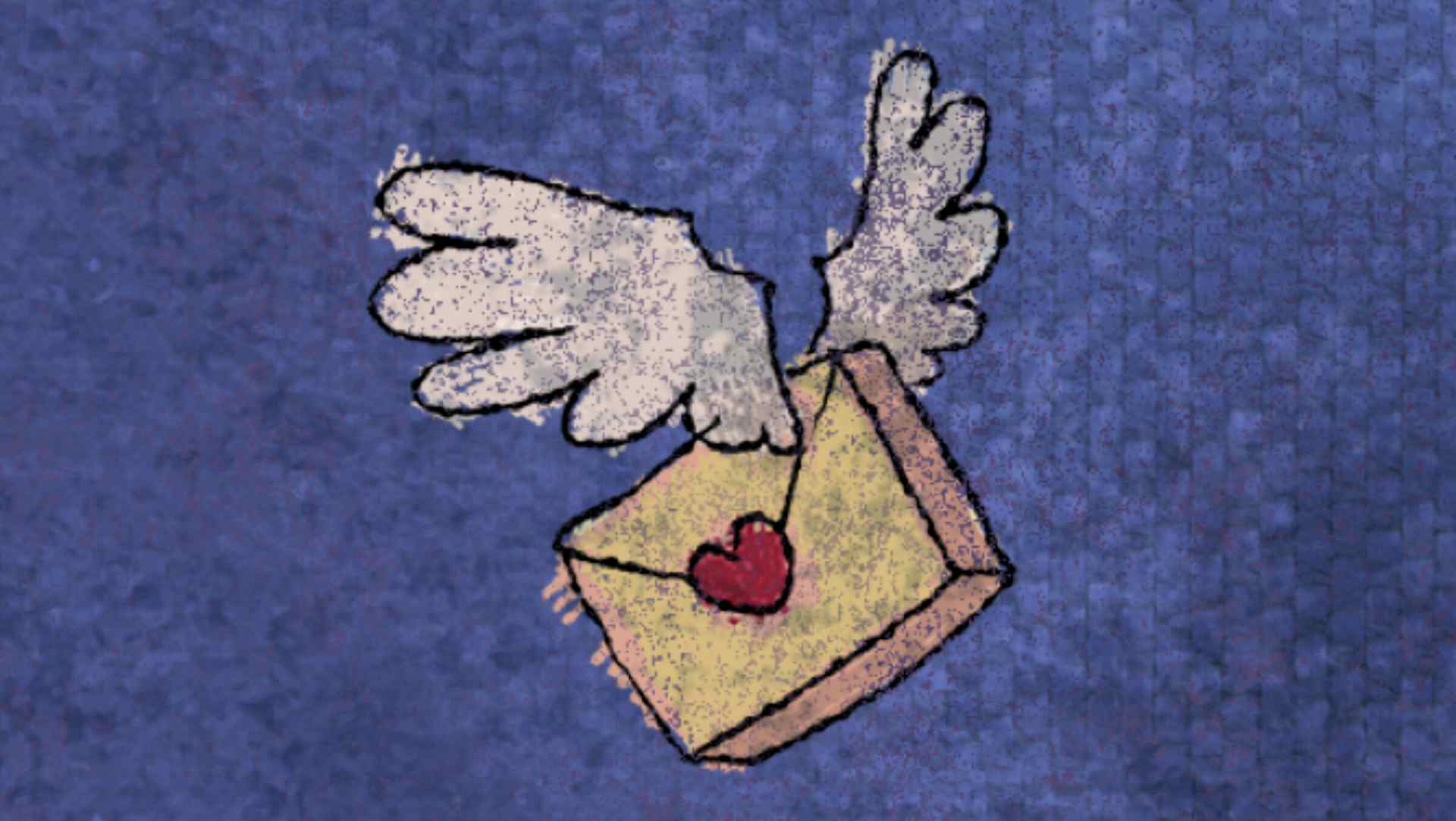Robert Horton is a Scarecrow board member and a longtime film critic. This series of "critic's notes" is chance to highlight worthy films playing locally and connect them to the riches of Scarecrow's collection.

Robert Redford died this week; had to bring up piece about an echt-Redford movie, which I wrote about for The Informer, the Seattle Film Society's newsletter, in 1984. He didn't direct it, but it was one of those Redford films where he seemed to be a co-auteur; it has a lot of his American ideas and ideals. I express my disappointment here, although there is much to like in the movie (amazingly, I didn't mention Randy Newman's score, a classic). Of course it's a quintessential role for Redford, a piece of American mythology come to life, laced with social criticism but also hope (if inexcusably betraying the ending of the Malamud novel).
Redford was an excellent producer, a peerless movie star, a somewhat less compelling actor (he knew his range and stayed there), and an uneven director. His do-gooder nature, his confidence—these were admirable, but a director needs a little doubt. Quiz Show was his best as a director; it stirred up something deep, it covered a period that was clearly meaningful to him, and it did not solve itself easily. And as an actor: Jesus, All Is Lost used the persona so beautifully, and questioned it, too. A brilliant cap to a hero's journey.
The Natural
The table is so full of starpower it fairly trembles. There sits America's star, Robert Redford, looking superb in a film that shrouds his character within the cloak of the Great American Myth; a cloak that inevitably surrounds the actor himself. Across from Redford is Robert Duvall, the actor's actor who is riding a crest of respect (including the Oscar, of course) and a surge of activity. It is well within Duvall's powers to command any scene in which he appears, especially with a juicy role like sportswriter Max Mercy, but his performance in The Natural is typically considerate of his fellow actors. Between the two heavyweights sits Kim Basinger, a hot starlet who shot from being a James Bond girl (Never Say Never Again) to being the funniest thing in a Blake Edwards movie (The Man Who Loved Women) to this key role in the company of legends and near-legends.
They're sitting at this table in a posh nightclub, where Duvall has brought Redford to meet the local gambling kingpin. This is the fourth person at the table. It's Darren McGavin.
Now, here's a guy, a journeyman actor, been in movies off and on for years—actually, done mostly TV for the last decade or more. And it's an interesting thing, because he's got to sit amidst the cream of the Hollywood crop, and he's got to run the scene. Actually, the Redford character controls the scene, in a subtle way, but McGavin's character has to orchestrate it. Not only that, but McGavin is playing a bigshot, an important man surrounded by underlings—in the exact opposite of his real-life position vis-à-vis the other actors at the table.
I'm thinking about this scene, and about McGavin's good performance in general, because it's one of the few things in The Natural that strikes me as being truly intriguing, or weird, or out-of-place. The film is a series of perfect dream images, the effect of which becomes sort of numbing after a while. At first, the interlocking elements of the plot promise something majestic: a boy's father succumbs under a tree in the backyard; lighting hits the tree; the boy carves a baseball bat out of the cleaved wood, a bat with a lightning bolt carved on it. The stuff of myths and legends (as Barbara Hershey points out to us, in case we hadn't noticed); and the sunset scene in which the boy, now grown and on his way to a big-league tryout, whiffs a baseball legend named the Whammer (played with Ruthian magnitude by Joe Don Baker), is a wonderful slice of history-in-the-making. (Is there any doubt the little boy to whom Redford's Roy Hobbs gives the strikeout ball is the same Nebraska farmboy who steps up to face Hobbs for the last out of the last game of the pennant race sixteen years later?) And I, for one, will always cherish Hobbs' first at-bat, when he takes his manager's idle bit of baseball chatter—"Awright Hobbs, tear the cover off the ball"—quite literally.
But the movie starts to have a clockwork feel to it. And there's very little genuine baseball funkiness here; the closest it gets to that kind of thing is the scene in which the manager (Wilford Brimley) and the coach (Richard Farnsworth) play a laid-back game of "Name That Tune" in the dugout. You would guess that Barry (Diner) Levinson would be a perfect choice to make a baseball movie, but The Natural exists in a carefully-composed ozone layer where the sweat and dirt and grease of Diner are not allowed. Clearly, this is what the filmmakers wanted, and there are many beautifully-realized bits of action (like the business with Brimley and the dugout water fountain). But you wonder if the film might have been more satisfying if it wasn't trying so hard to be a Great Film.
It's tempting to envision Levinson as a slave to the awesome talents of cinematographer Caleb Deschanel, whose film this seems to be as much of Levinson's. But remember that the movie was initiated by the producers, who also wrote the screenplay and cooked up the alterations of Bernard Malamud's novel. And there is the possible influence of Redford, whose Ordinary People featured similarly fastidious production design. The submersion of directorial personality in The Natural, due (perhaps) to the collaboration of many very talented people, is reminiscent of a couple of other bit films this year that hark back to the "Tradition of Quality" school of filmmaking. I like Greystoke and The Bounty as well as The Natural, and was variously enchanted and riveted by all of them, but had a similar feeling as the lights came up after each: Is that all? Somehow the emphasis on story and production value seemed to eclipse the men who made the movies. Official classics have a tendency to become—well, official, and the lifeblood can drain out of them quickly. A number of people who have seen The Natural have pointed out the irony of its title. For all of its loveliness, grace, and good intentions, it's just not natural.
September 19, 2025


